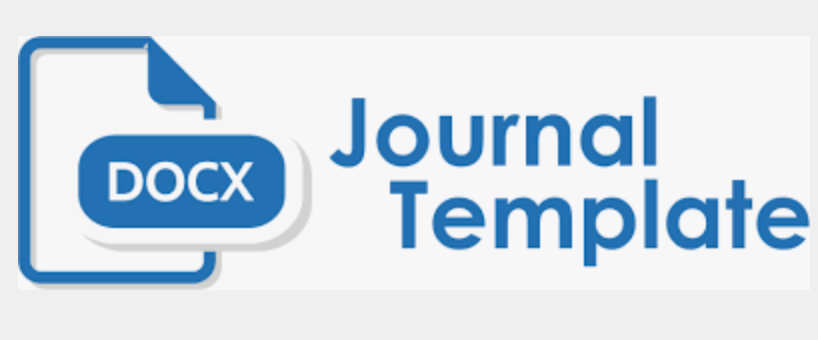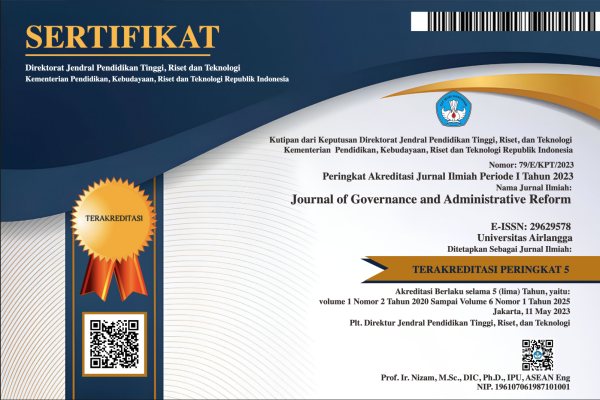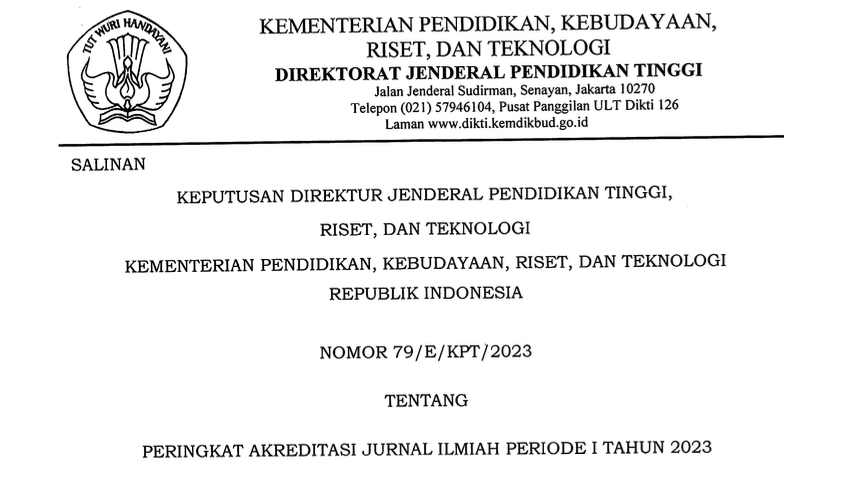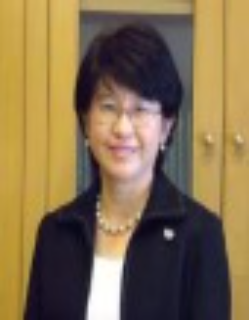The Role of Card Readers in the Conduct of 2019 General Elections in Gombe State: A Study of INEC Office, Gombe, Nigeria
Downloads
Abstract
This study examined the effectiveness of smart card readers in ensuring credible electoral processes during the 2019 general elections in Gombe State, using the Independent National Electoral Commission (INEC) office as the unit of analysis. The research was guided by four specific objectives and one hypothesis. The target population comprised all 207 INEC staff members within the Gombe Local Government Area of Gombe State, from which a sample of 180 respondents was selected. Data for the study were obtained from both primary and secondary sources. The primary data were collected using a structured questionnaire, while the analysis employed descriptive statistics, arithmetic mean, and standard deviation. To test the hypothesis, the chi-square statistical method was applied. The results revealed a calculated chi-square value (x-cal) of 2.71, exceeding the tabulated chi-square value (x-tab) of 2.69 at the specified level of significance (p = 2.71 > 2.69), indicating a statistically significant outcome. The findings suggest that smart card readers contributed to the reliability of the 2019 general elections in Gombe State, Nigeria. Moreover, the study aligns with evidence from other countries where the adoption of smart card reader technology has enhanced electoral integrity. Consequently, the study recommends that residents of Gombe State—and Nigerians more broadly—adopt smart card readers across all tiers of electoral administration. Furthermore, it is advised that INEC and its ad hoc staff receive comprehensive training to address the operational challenges experienced during the 2019 elections.
Keywords: Card reader, INEC Nigeria, Gombe state, Gombe local government, Nigerian 2019 general elections.
Abstrak
Penelitian ini mengkaji peran pembaca kartu (card reader) dalam memastikan keandalan pemilu pada Pemilu 2019 di Provinsi Gombe, dengan lokus kantor INEC sebagai unit analisis. Empat tujuan dan satu hipotesis dirumuskan untuk memandu penelitian ini. Populasi penelitian terdiri dari 207 pekerja INEC di Kabupaten Gombe, Provinsi Gombe, dengan sampel berjumlah 180 responden. Sumber data yang digunakan mencakup data primer dan sekunder. Data primer dikumpulkan melalui kuesioner, dan analisis dilakukan menggunakan statistik deskriptif, termasuk rata-rata aritmatika dan standart deviasi. Untuk menguji hipotesis, digunakan statistik inferensial berupa uji chi-square. Hasil penelitian menunjukkan nilai chi-square yang signifikan sebesar 2,71 (chi-square hitung, x-cal) dibandingkan dengan nilai chi-square tabel sebesar 2,69 (x-tab), dengan p = 2,71 > 2,69. Penelitian ini menyimpulkan bahwa penggunaan pembaca kartu (smart card reader) berkontribusi pada keandalan Pemilu 2019 di Provinsi Gombe, Nigeria. Selain itu, penelitian ini menunjukkan bahwa beberapa negara telah mengalami peningkatan signifikan dalam proses pemilu setelah mengadopsi teknologi pembaca kartu pintar. Penelitian ini merekomendasikan agar masyarakat Provinsi Gombe, dan warga Nigeria pada umumnya, mengadopsi pembaca kartu pintar untuk semua tingkat administrasi pemilu. Selain itu, untuk mengatasi tantangan yang dihadapi selama Pemilu 2019, disarankan agar INEC dan staf ad hoc menerima pelatihan yang memadai dalam penggunaan pembaca kartu pintar.
Kata kunci: Pembaca kartu, INEC Nigeria, Negara Bagian Gombe, pemerintah lokal Gombe, Pemilu Nigeria 2019.
Alvarez, R. & Hall, T. (2018). The Anatomy of the APC and PDP. Today. Retrieved from http://www.thisdaylive.com/articles/the-anatomyof-apc-and-pdp-2 Retrieved on June 20, 2024.
Banire (2015). The Policy and Legal Advocacy Centre expresses concerns about the general elections being postponed. Retrieved from http://placng.org/legist/concernsover-postponement-of-the-general-elections Retrieved on June 20, 2024
Centre for Policy and Legal Advocacy (2015). Accessed June 16, 2015. Elections and Technology, Electoral Knowledge Network, http://aceproject.org/ace-en/topics/et/et10
Chigozie, T. & Ibrahim, Y. (2015). Recounting the Card Reader Experience. ThisDay Newspaper, April 23, 2015.
Dunne, M. (2022). An Overview of Comparative Politics and Governance. Palagrave, Macmillan.
Duru, W. (2022). Electronic Elections: The Advantages and Dangers of Digital Democracy. Princeton. Princeton University Press.
Ebhomele, O. (2019). An Introduction to Political Science. Calabar: Cats Publishers.
Eminue, V. B. (2015). Electrons without Elections: A Viewpoint on 2003/2007 Electrons. Bassey Andah's Journal, Vol. 1, pp. 155-163.
Falana, O. (2019). Opinion: Are Card Readers Unlawful under Nigerian Elections Law? http://thewillnigeria.com/news/opinion-illegality-orotherwise-of-card-readers-in-Nigerianelectoraljurisprudence/ Accessed on June 18.
Falola, T. & Heaton, Y. (2015). Freedom and Custom, Lecture Series, Royal Institutes of Philosophy, 181–196.
Foundation for the International Electoral System (2015). Election Fraud and the Future of Nigerian Elections, 1999-2003 Elections and Democratic Consolidation in Nigeria, National Association of Political Science, Lagos.
Gelb, T. & Decker, E. (2021). Recounting the Card Reader Experience. ThisDay Newspaper, April 23, 2015.
Ibrahim, K. & Makama, T. (2015). Credible Government and Elections: A Panacea for Settling Conflicts in Nigeria. Africa's Journal of Governance and Sustainable Development. Vol. 2 No. 2. pp. 146-151.
John I. P.. (2019). Democracy and Democratic Shortcomings. Fifty Years Later: Federalism and Democracy in Nigeria, edited by J. Elaigwu, I. Jos: Institute of Governance and Social Research
López-Pintor, R. (2010) A Foundational Conceptual Model for Assessing Election Fraud in Developing Nations. International Foundation for Electoral Systems (IFES), Electoral Fraud White Paper Series. January, Washington, D.C.
Network for Team Engineering (2015). The Advantages of the INEC Card Reader in the 2015 elections. available through the go.engineerng.net/m blog post?id=6404812%3ABlogPost%3A10334 Retrieved was obtained on June 7 2024.
Oderemi, C. (2015). Biometric Voting Technology and the General Elections in Nigeria in 2015. Presented as a Paper at the Two-Day National Conference on "The 2015 General Elections in Nigeria: The Real Issues" held on July 27 and 28, 2015 by the Electoral Institute.
Odiakose, M. (2015). "INEC and the Use of Card Readers," The Nigerian Pilot. Retrieved on June 27, 2024. at http://nigerianpilot.com/inec-and-use-of-card-readers
Okolie, E. (2019). Cultural Perspectives on Card Readers. The Front. http://www.vanguardngr.com/2015/03/cardreaders-lessons-from-other-lands
Okonji, T. (2021). Credible Government and Elections: A Panacea for Settling Conflicts in Nigeria. Africa's Journal of Governance and Sustainable Development. Vol. 2 No. 2. pp. 146-151.
Omotola, O. (2022). An Introduction to Political Science. Calabar: Cats Publishers.
Omotola, T. (2015). Money Politics and Vote Buying Threaten Democratic Administration in the Makurdi Local Government Area of Benue State. International Journal of Public Administration Research and Management (IJPAMR), Vol. 2 No. 5. pp. 65-73..
Piccolino, J. C. (2015). Election Procedures and Nigerian Democracy, Calabar: Baaj Intanafrmal Company.
Sanjay, K. & Ekta, W. (2019). Analysis of Electronic Voting Systems in Various Countries. Computer Engineering and Information Technology Departments, M. M. University, Mullana (Ambala), India.
Santon, E. A. (2018). Smart Card Readers and the General Elections in Nigeria in 2019. Department of Political Science. Federal University of Nigeria, Wukari.
Sule, W. (2018). Analysis of Electronic Voting Systems in Various Countries. The World Gazetteer, Department of Computer Engineering and Department of Information Technology, M. M. University, Mullana (Ambala), India, National Population Commission Abuja, 2007.
The Electoral Institute (2015). The Electoral Act of 2010 (modified). Abuja: Federal Government Printers.
Copyright (c) 2025 Authors

This work is licensed under a Creative Commons Attribution-ShareAlike 4.0 International License.
Jurnal Governance and Administrative Reform by Unair is licensed under a Creative Commons Attribution-ShareAlike 4.0 International License.
1. The journal allows the author to hold the copyright of the article without restrictions.
2. The journal allows the author(s) to retain publishing rights without restrictions
3. The legal formal aspect of journal publication accessibility refers to Creative Commons Attribution Share-Alike (CC BY-SA).






















